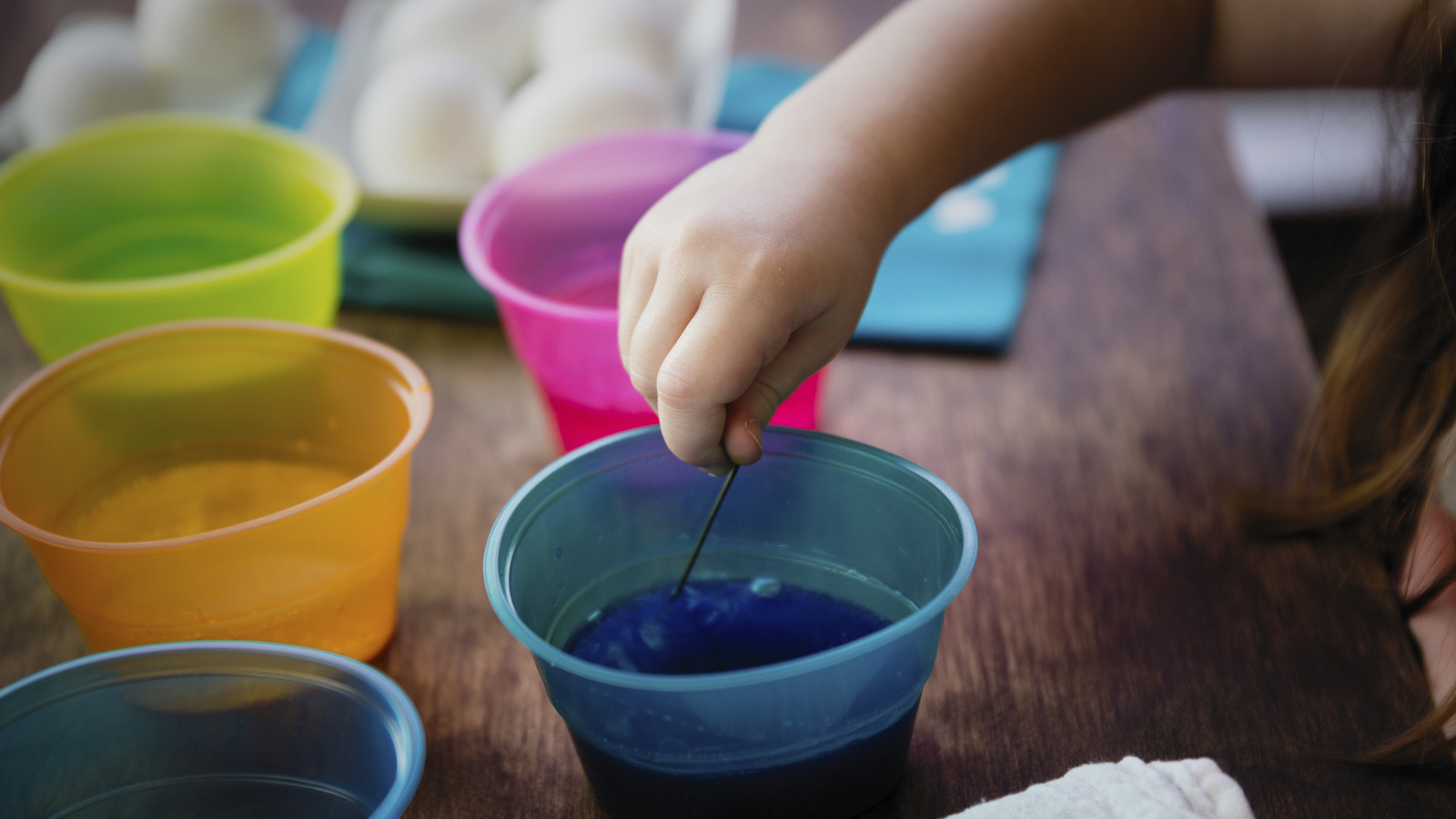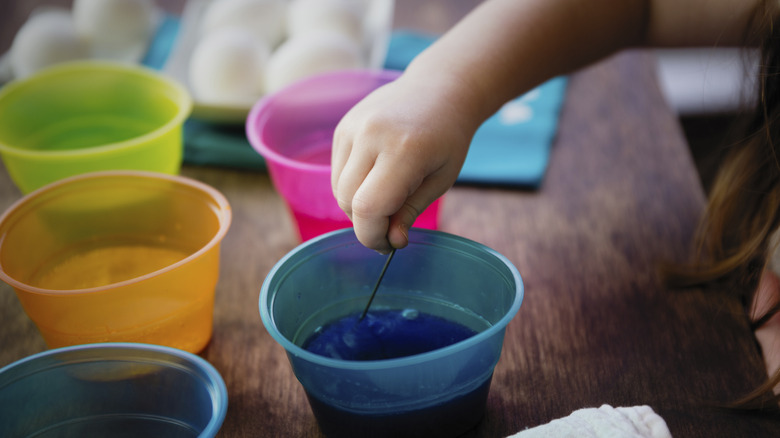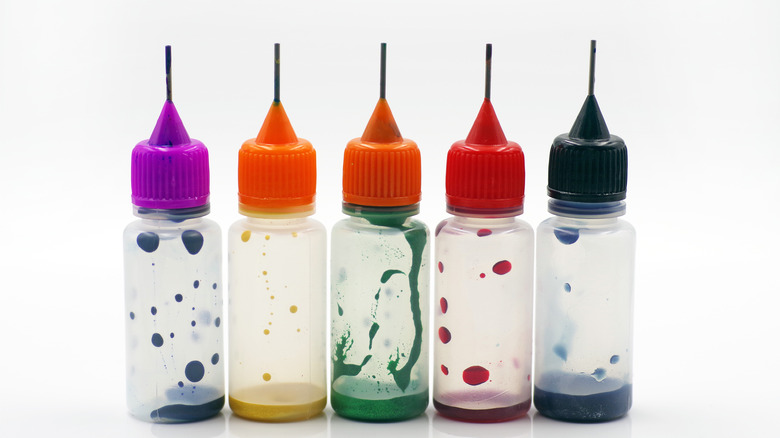Many common baking ingredients are clearly not vegan, from butter to eggs. But the exciting news is that the market has exploded in recent years, offering vegan versions of almost anything a baker could need or want—and those vegan versions are actually good. You can stock your baking supplies with vegan staples and be confident that you’ll be whipping up delicious cookies, cakes, and pies that are completely free of animal products. However, there are still ingredients that crop up from time to time where it’s not quite so clear-cut—they’re not specifically vegan, but don’t appear to contain any animal products. So are they vegan or not? A key example of this in baking is food coloring.
At least when it comes to food coloring that is labeled as natural, many of these products are also considered vegan because they are made from plants. But there is a big catch. Many red food colors are a special pigment called carmine, which is made from cochineal, an insect product. Of course, that means none of these red food colors are actually vegan. Cochineal may sound gross, but it is completely safe and approved by the FDA. Plus, it has been used in food and cosmetics for hundreds of years. It comes from a certain small insect called Dactylopius coccus; when the insect is crushed, the cochineal comes out. It is a bright red color, making it interesting for coloring, but this means you have to double-check the ingredient list of “natural” food colorings.
How to make sure you buy vegan food coloring
Some bakers may argue that if natural food coloring carries the risk of containing an animal product, artificial ones may be a better choice. But there are a lot of things to know before using artificial food coloring, and none of them are particularly encouraging. They are full of additives and chemicals that we still know are not healthy, although they are still being researched. The kicker is that these artificial colors are usually not even vegan, as these additives are sometimes tested on animals.
So your best bet is to stick with natural food coloring, which just requires a little extra care when checking labels to make sure you’re not getting a product that contains cochineal. There are many brands in stores that you can trust, some of which are even recommended by PETA, such as Color Garden Food Coloring, Watkins Assorted Food Coloring, and Color Kitchen Single Color Packets.
With other well-known brands like McCormick, things can get a little more complicated—some paints are completely free of animal products, while others aren’t. Read the labels until you know which brands and which specific shades are safe, and then you can confidently keep them stocked in your kitchen. Consider this new label-checking habit one of a vegan baker’s tools and tricks, and you’ll be able to enjoy animal-free treats whenever you’re in the baking mood.



